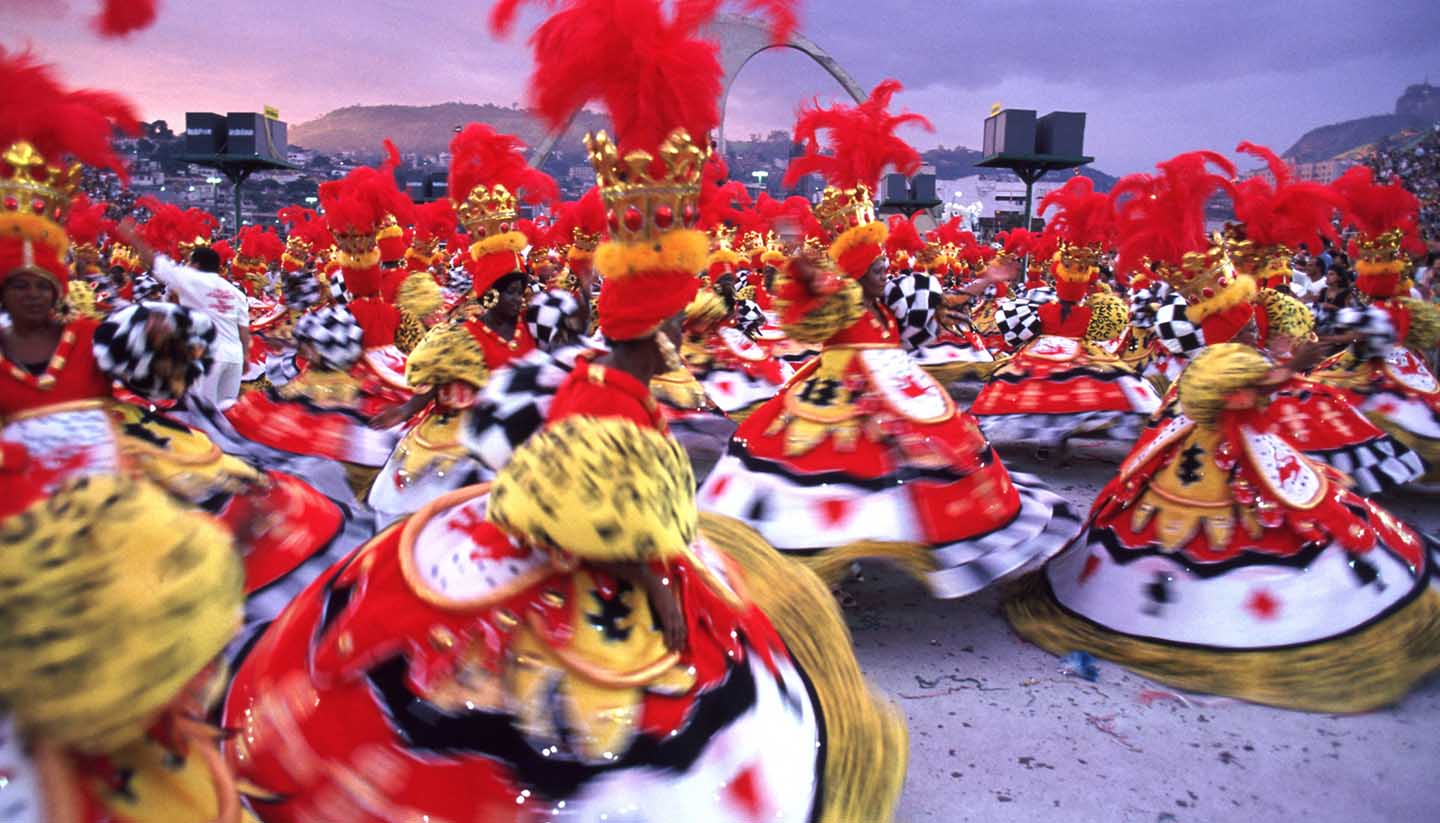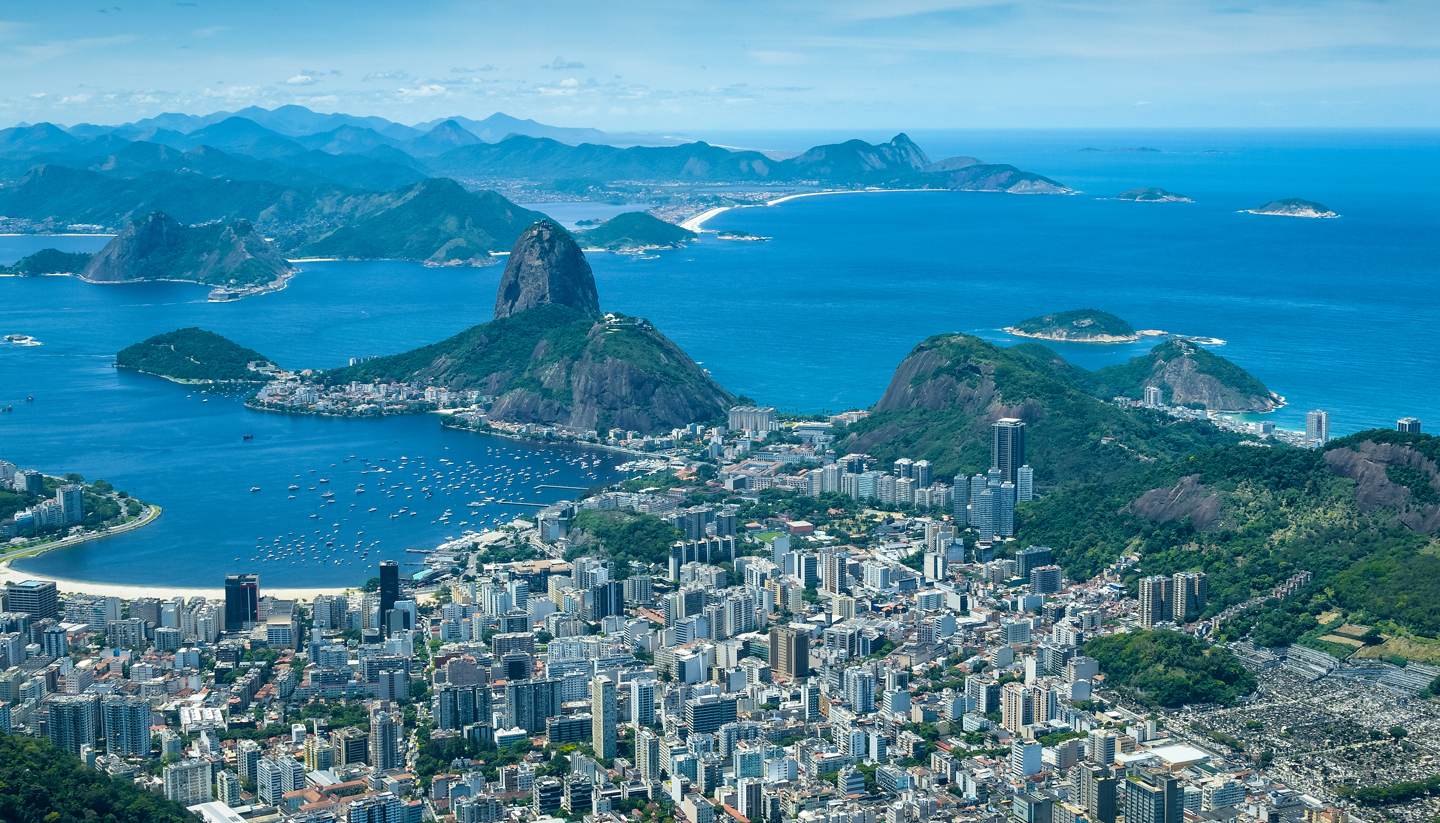Getting around Rio de Janeiro
Public transport
The underground service provided by Metrô Rio (tel: 0800 595 1111, in Brazil only; www.metrorio.com.br) is efficient, safe and clean, though limited in scope. Its four lines cover Centro (downtown), Zona Sul (the coastal strip) and the Barra da Tijuca region to the west of the city.
Trains run Monday to Saturday 0500-midnight, and on Sundays and bank holidays between 0700-2300. During Rio Carnival the subway operates 24 hours a day. Metrô tickets are only available at the stations. You can buy single tickets or use a pre-paid MetrôRio Card.
Buses are cheap, regular and run to all parts of the city. However, they are not safe after dark, particularly in Centro. They are also very crowded during the rush hours (0700-0900 and 1600-1900) and not suitable for those carrying large luggage. Many different companies operate under the management of Rio Onibus (tel: 0800 886 1000; www.rioonibus.com).
You can buy tickets on the bus, just make sure you have the correct change ready to pay at the turnstile when you board. Tickets for integrated Metrô and bus journeys are available at Metrô stations, though these mostly link downtown with the suburbs rather than the beachside Zona Sul area.
Taxis
Yellow and blue striped taxis are plentiful and reliable. They operate with a meter and can be hailed on the street. Check that the meter on the dashboard is reset and indicates the correct tariff (tarifa) which is shown by a little flag on top. Tariff 1 runs Monday to Saturday 0600-2100; tariff 2 runs Monday to Saturday 2100-0600 and all day Sunday. There is a minimum fare, plus a charge per kilometre. Tipping is not necessary, but is welcomed.
Radio taxis are also safe and reliable but more expensive than the yellow and blue taxis. Recommended operators include Central Táxi (tel: 21 2195 1000), Coopertramo (tel: 21 2209 9292) and Transcoopass (tel: 21 2209 1555).
Driving
Driving in Rio is chaotic. The road system and signage are confusing and locals drive at breakneck speed with scant regard to other road users. Efficient public buses and underground trains are far cheaper and much better ways to enjoy the city.
That said, driving may be a worthwhile option for excursions beyond the city, including Niterói and Petrópolis, and for reaching some of the further beaches. Visitors making a day trip to Rio by car, try to park in a secure car park and leaving the car with an attendant. Street parking is hard to find and is not considered safe.
Car hire
The minimum age to hire a car in Rio de Janeiro is 21 years. A credit card is usually required as security and for payment. An International Driving Permit is not normally required but if you're hiring a car, you normally need to show you've held your driving licence for at least two years. Rates include basic, third-party cover but collision waiver and personal accident insurance are extra.
Some major companies with car hire offices in the city include Avis (tel: 0800 725 2847, in Brazil only; www.avis.com.br), Hertz (tel: +55 21 2275 7440; www.hertz.com.br) and Alamo (tel: +55 21 2493 2006; www.alamo.com).
Bicycle hire
Cycling in Rio is considered a sport rather than an alternative form of transport as most roads are too dangerous. However, cycling along ciclovias (cycle paths) comes recommended as they are a fun and safe way to get around. These are dedicated paths shared by cyclists and joggers, which run along the seafront of Copacabana, Ipanema and Barra, and around the Lagoa.
Bicycle hire is available from Bike & Lazer, Rua Visconde de Pirajá, 135B, Ipanema (tel: +55 21 2251 2686; www.bikeelazer.com.br).
Rio's bikeshare system, Mobilicidade (tel: +55 81 3224 2745; www.mobilicidade.com.br) has bikes at Metrô stations, plus many other pick-up points around the city.



